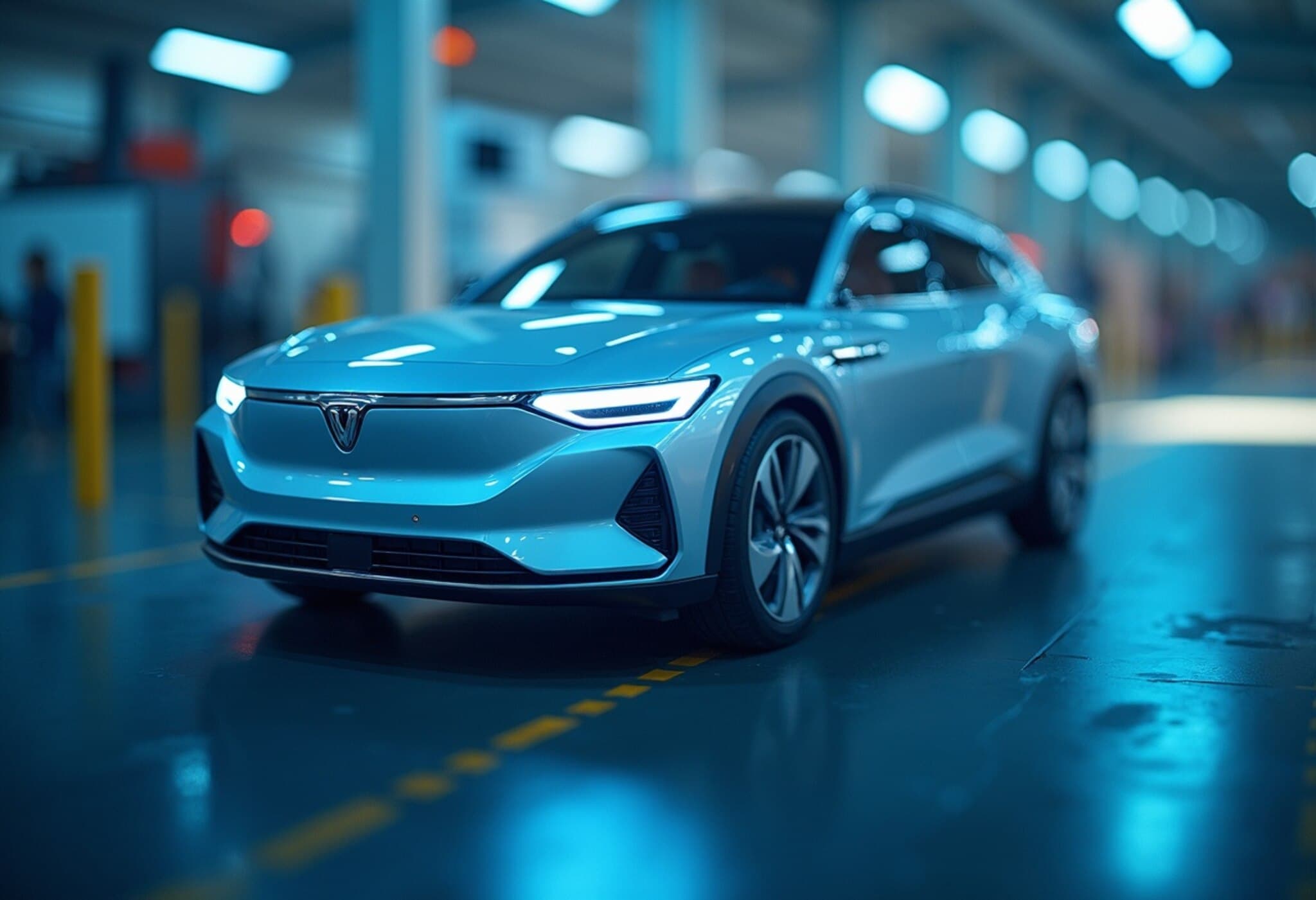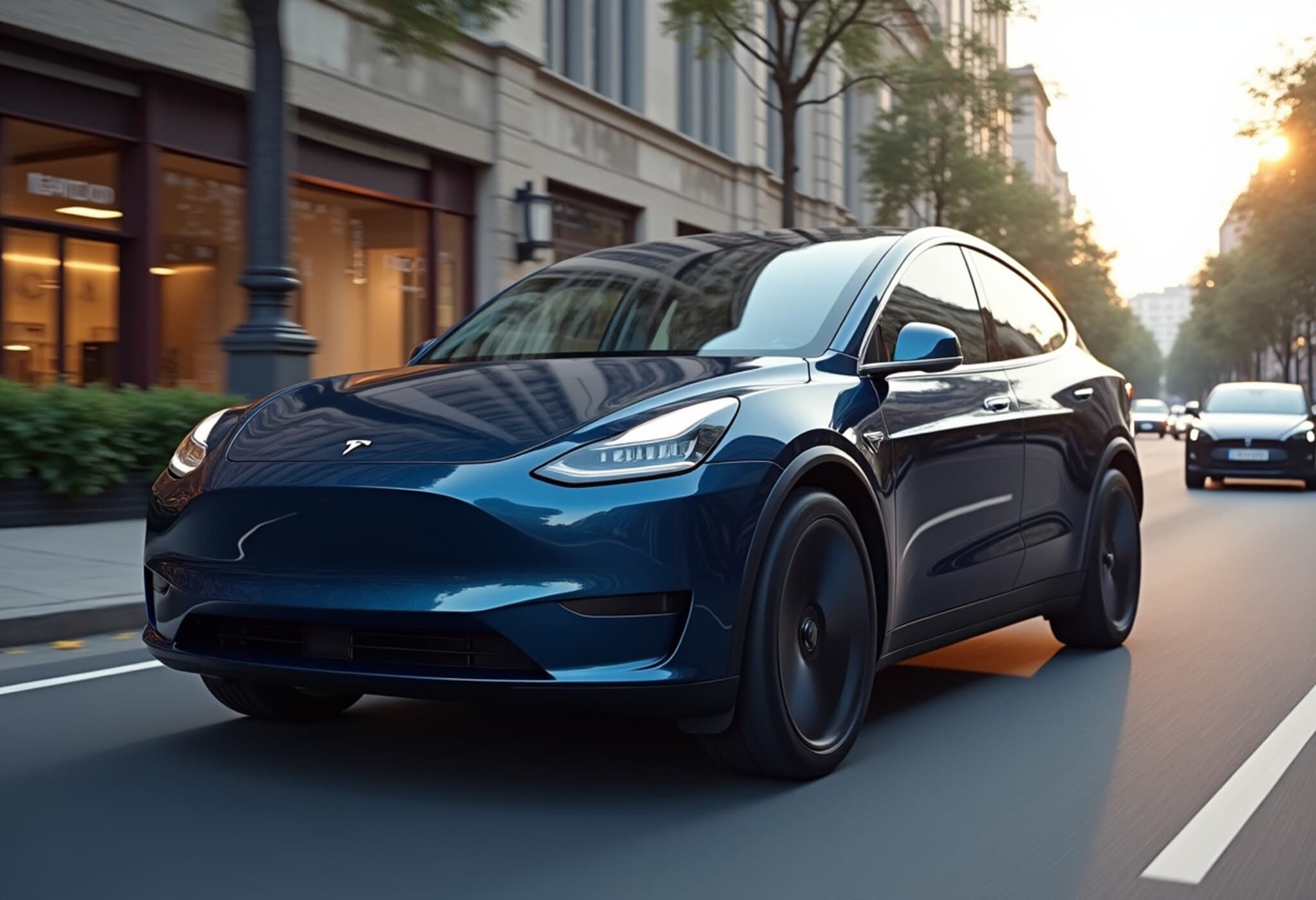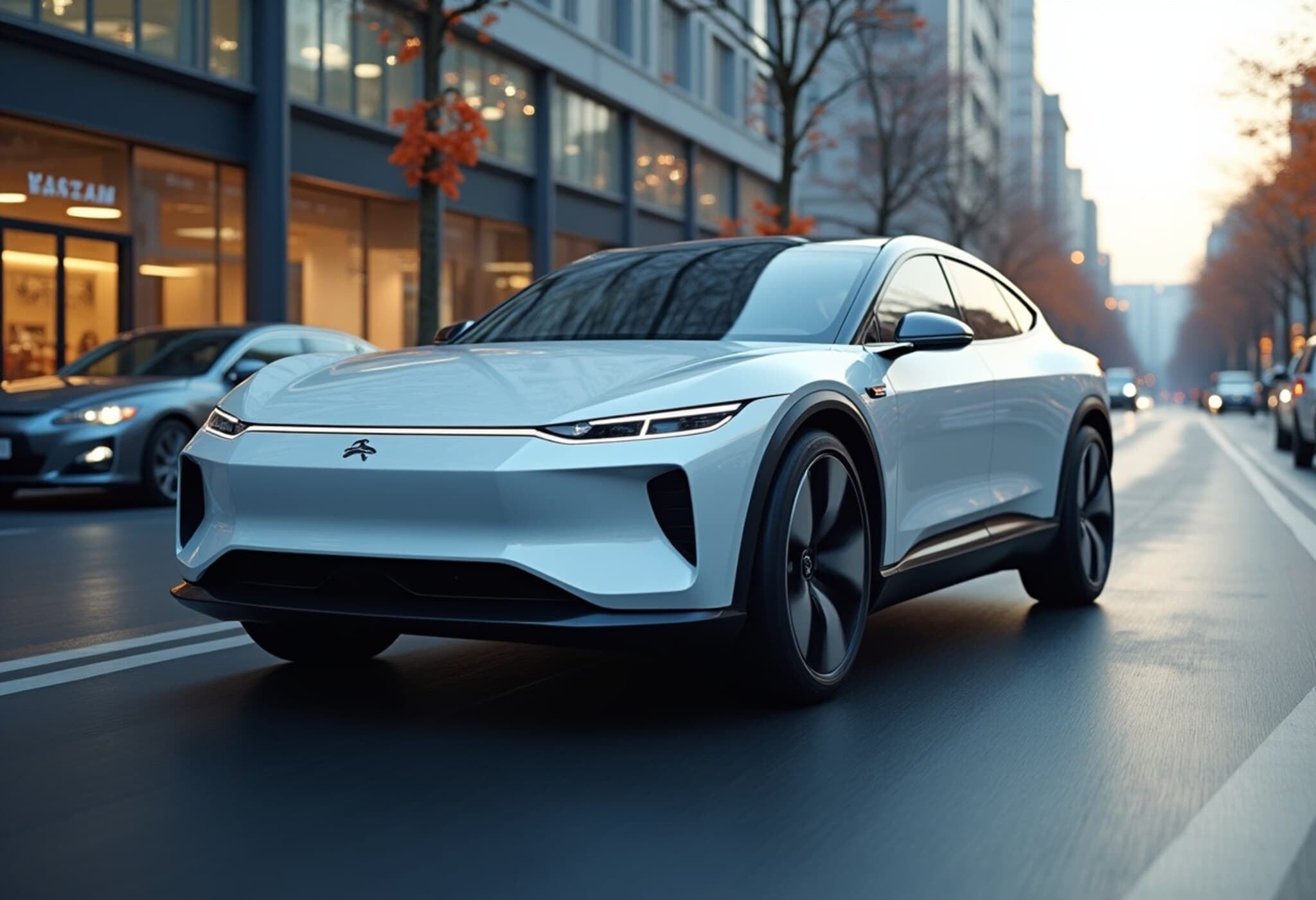General Motors Accelerates Gas-Powered SUV and Truck Production in Michigan
General Motors (GM), a cornerstone of American automotive manufacturing, announced a significant production reshuffle set to strengthen Michigan's role in the company's supply chain. Starting in early 2027, GM plans to relocate the assembly of its flagship gas-powered Cadillac Escalade from Arlington, Texas to the Orion Assembly Plant near Detroit. Additionally, the already robust production of Chevrolet Silverado and GMC Sierra light-duty pickups will be expanded at the same Michigan facility.
Strategic Moves Amid Shifting Market and Policy Context
The decision to consolidate and expand gas-powered vehicle production in Michigan highlights GM's adaptive strategy as it balances legacy combustion engines with the ongoing electric vehicle (EV) push. While Orion Assembly was initially being transformed into an EV-exclusive plant, GM recalibrated its approach in response to slower-than-anticipated consumer demand for electric vehicles, demonstrating responsiveness to market realities.
Moreover, this transition supports GM’s broader commitment announced earlier in 2025 to invest $4 billion in U.S. facilities. This investment comes against the backdrop of new trade policies under the Biden administration, including tightened rules on imported vehicles and a 25% tariff hike on many imported auto parts, which aim to shore up domestic manufacturing and reinvigorate American industry.
The Michigan Manufacturing Renaissance
- Orion Assembly Plant will house the production of Cadillac Escalade SUVs, as well as increased output of Chevrolet Silverado and GMC Sierra pickups.
- The Fort Wayne, Indiana plant will continue producing Silverado and Sierra trucks, ensuring a diversified manufacturing footprint.
- The move emphasizes Michigan's enduring identity as the heart of U.S. automotive production and job creation.
Industry experts note that this shift could further solidify Michigan's economic vitality, preserving thousands of manufacturing jobs and nurturing skilled labor pools. It also reflects GM’s nuanced strategy in a global industry facing the dual pressures of electrification and international trade complexities.
Balancing Gas and Electric Future
GM CEO Mary Barra's earlier vision to pivot heavily toward electric vehicles has encountered practical challenges. Consumer adoption rates, supply chain difficulties, and infrastructure gaps have compelled the automaker to retain and even increase its portfolio of gas-powered models temporarily. This realignment signals a pragmatic approach that serves customer preferences without abandoning long-term sustainability goals.
From a broader policy perspective, GM’s Michigan expansion aligns with recent federal incentives designed to bolster domestic production under the Inflation Reduction Act, potentially unlocking tax credits and grants tied to American-made components. The move also represents a proactive adaptation to protective trade measures intended to make the U.S. automotive ecosystem more resilient and competitive.
Looking Ahead: Challenges and Opportunities
While the expansion promises positive economic implications, it raises key questions about GM’s future product mix and the timeline for electrification. How will the automaker balance escalating climate commitments with persistent consumer demand for traditional vehicles? Can Michigan’s labor force transition smoothly between gas-powered and electric vehicle manufacturing technologies? These considerations will shape GM’s trajectory in the coming decade.
Key Takeaways
- GM is shifting Cadillac Escalade production from Texas to Michigan’s Orion Assembly by 2027.
- Chevrolet Silverado and GMC Sierra production will be expanded at Orion while continuing in Indiana.
- The move is part of a wider $4 billion U.S. investment and aligns with new federal trade policies.
- Orion’s earlier transition to electric vehicle production has been adjusted due to slower EV market uptake.
- This strategic pivot underscores GM’s commitment to American manufacturing amid evolving market demands.
Editor’s Note
This production shift by General Motors signals more than just a logistical change—it reflects the broader tensions reshaping the U.S. auto industry at the intersection of economic policy, consumer behavior, and environmental imperatives. As GM doubles down on Michigan’s manufacturing capabilities, observers will be watching closely to see how these moves influence job markets, supply chains, and the pace of the electrification revolution. The story underscores an ongoing balancing act between heritage gas-powered vehicles and a cleaner, electric-driven future.












